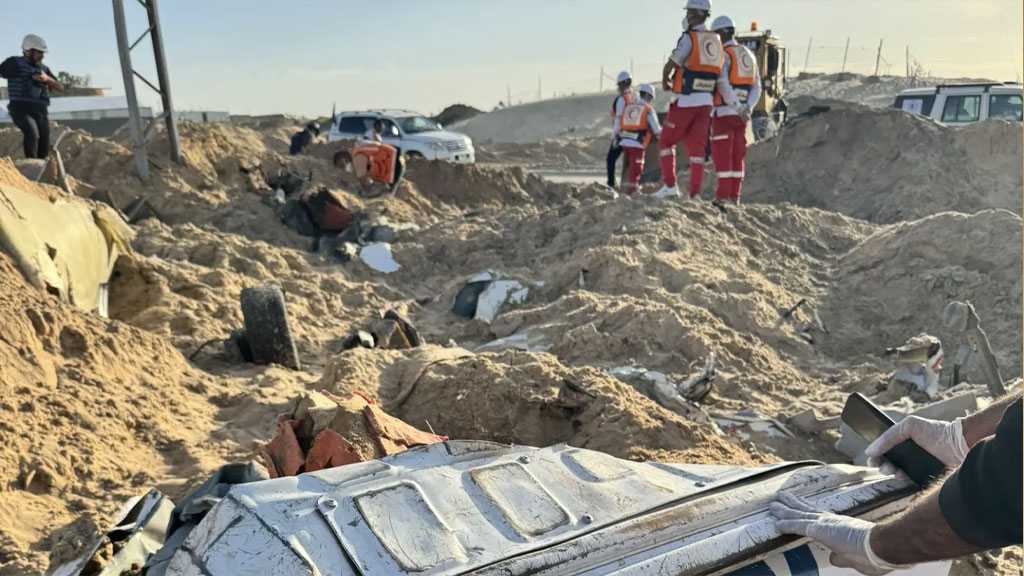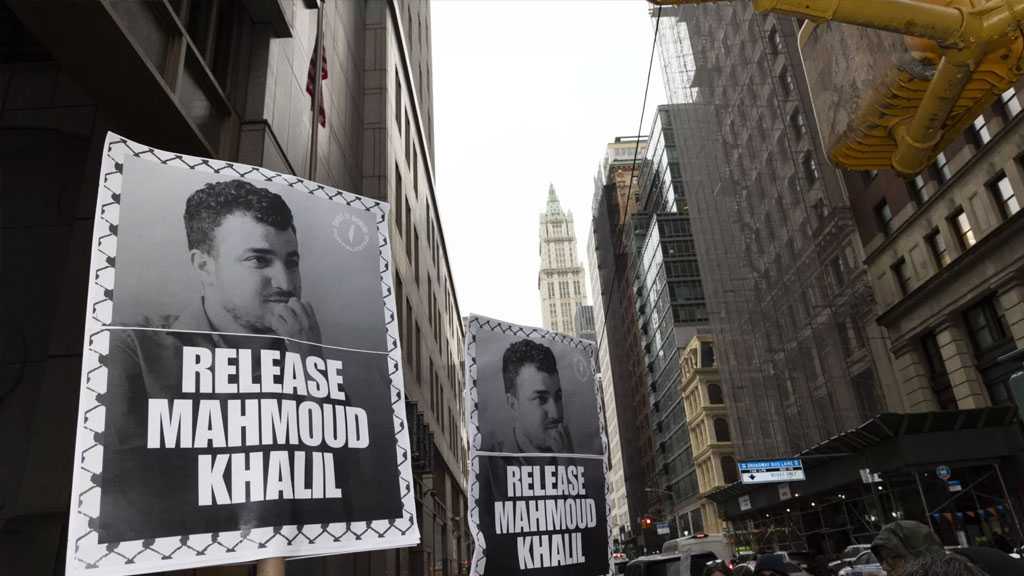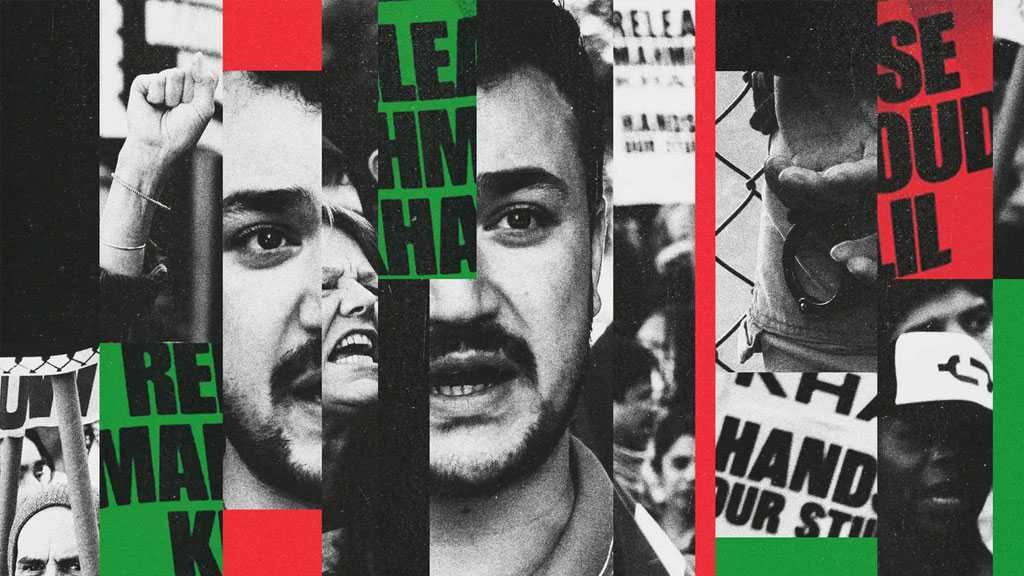Naim Abbas: ISIL Wants to Spur Fighting between Shia and Sunni Neighborhoods in Beirut
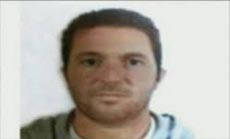
Local Editor
It is no longer a conjecture to say that the masterminds behind the suicide attacks want the situation to escalate in Lebanon, all the way to instigating a full-blown Sunni-Shia conflict.
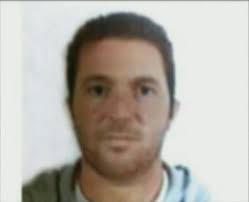 Naim Abbas, a prominent fundamentalist figure who is currently in custody for his alleged involvement in terrorist attacks, has revealed in the course of his questioning that there are plans in place for a major attack in the Shia-majority Chiyah district of Beirut's southern suburb, with a view to cause an armed reaction against the people of Sunni-majority Tariq al-Jdideh.
Naim Abbas, a prominent fundamentalist figure who is currently in custody for his alleged involvement in terrorist attacks, has revealed in the course of his questioning that there are plans in place for a major attack in the Shia-majority Chiyah district of Beirut's southern suburb, with a view to cause an armed reaction against the people of Sunni-majority Tariq al-Jdideh.
Sources close to the investigation centering on the recent terror attacks said that Abbas collapsed in breathtaking speed, to the surprise of the investigators.
Abbas had turned his phone off when he had found out that an army unit was about to raid his hideout. Theoretically, Abbas could have "disappeared" and slipped from his pursuers, but his confusion gave him up, and prompted army intelligence officers to request to see his identification documents. After a five-minute quarrel between Abbas and army intelligence officers, Abbas revealed his real identity "outright."
Abbas said that the goal was to provoke Hizbullah so much that it would react in a way that would antagonize the Sunni community.
Abbas was put in a car that went straight to the Ministry of Defense. He not only revealed very quickly that there was a bomb rigged to explode near his apartment in the Corniche al-Mazraa district, but also lost control of himself en route to the ministry, and urinated in his clothes. The sources said that Abbas was in a state of terror until after he reached the interrogation room, and had told the investigators: I will tell you everything, just don't beat me.
Abbas also revealed information about a strategy for expanding the scope of the bombings and maximizing the number of casualties, saying that there was nothing to stop suicide bombers or their plans. According to Abbas, his group had a "Sharia-based license" to do anything without regard to civilians or their religious affiliations.
Abbas said that the goal was to provoke Hizbullah so much that it would react in a way that would antagonize the Sunni community. This, his group calculated, would expand the margin of freedom for jihadists to operate within the Sunni community, and prevent any attempt by the government or other political parties to give cover to a crackdown against these groups. Another goal was to force Sunni clerics and politicians to step up their rhetoric against Hizbullah, giving cover to further attacks against its base.
The suspect said that he was not a member of al-Nusra Front or the Abdullah Azzam Brigades, but that he operated in the same jihadist circles. Abbas also said that he focused on recruiting people who were involved in what happened in Abra, meaning the supporters of fugitive cleric Ahmad al-Assir, especially those who had fled to the Ain al-Hilweh refugee camp and other areas.
Naim Abbas said that it was him who had trained and gave the suicide belt and assault rifle to the young Syrian man who blew himself up in a van in Choueifat. In response to a question about why that suicide bomber was asking for directions to the police station and the gas company in the Ouzai area of Beirut, Abbas told the investigators that the man wanted to reach Hizbuullah al-Manar TV building near the Golf course in Bir Hassan-Ouzai, which would have been easy to reach in a taxi from the police station or the gas company.
Abbas said that the suicide bomber was supposed to reach the building's entrance, open fire at the guards, and then attempt to enter the building along with another suicide bomber. They were supposed to empty their magazines and then blow themselves up inside the building.
Abbas also told investigators that he wanted to prepare a third suicide bomber in an explosives-laden car that would wait nearby, and then hurtle toward the building when crowds gather detonating.
The Chiyah plot
For this reason, plans were put in place to carry out suicide attacks in Chiyah, to instigate anti-Sunni reactions, especially in the direction of Tariq al-Jdideh.
The fundamentalist suspect admitted that during discussions with associates regarding the situation in Dahiyeh, the focus was on how to expand the scope of attacks inside Beirut's southern suburb, to force Hizbullah and the population to react violently against Sunnis inside Dahiyeh.
What happened after the first few bombings was that Hizbullah did not react, for example, by staging car-bomb attacks in Sunni-majority areas, while the population showed a lot of self-restraint. Because of this, the jihadist groups started thinking in a different way.
Abbas said that the groups in charge of surveillance noticed that countermeasures were stepped up in the areas that are under the full control of Hizbullah, while measures in the Chiyah area were relatively more relaxed compared to Haret Hreik, Roueiss, and Bir al-Abed. According to Abbas, his associates' assumption was that despite the fact that the Amal Movement's attitudes were identical to those of Hezbollah, the nature of the region in Chiyah, an Amal stronghold, made it less possible to rein in the street's reaction compared to other areas. For this reason, plans were put in place to carry out suicide attacks in Chiyah, to instigate anti-Sunni reactions, especially in the direction of Tariq al-Jdideh.
Abbas was reportedly planning a two-pronged attack in a street in Chiyah, but Abu Abdullah al-Iraqi, commander of the Islamic State of Iraq and Syria [ISIS] in the Qalamoun region with whom Abbas was in close coordination, suggested a three-stage suicide attack instead.

